Quality is an inseparable part of our lives. Whenever we do any task, we buy a certain item or provide a service, The Concept of Quality in mingled with every nuance of our daily lives.
Quality is a benchmark of standards, if one satisfies that standard, it is up to the mark if one performs beyond that standard, then it is par excellence and then the benchmark of standards is raised, if one performs below the standard, then one needs to work harder and identify the areas of improvement and work upon them. Organizations & people have their own set of standards. This is what helps them to strive to achieve excellence & constantly redefine themselves.
Hospitals being complex & unique organizations have their own set of standards and a very stringent set of standards which are extremely crucial for patient safety. In today’s competitive era, where Every Hospital aims to carve a niche for itself and create an evergreen brand image in the minds of patients & the public, it is very important that no compromises are made for patient safety and care. So every Hospital is striving to maintain quality standards. In India, NABH Accreditation is provided to the hospitals that are able to meet up to the stringent and robust standards specified by the body, Similarly, NABL Accreditation is proved to diagnostic laboratories that match up to the quality standards. At the international level, JCI Accreditation ensures the global quality of hospitals of international repute.
What is Quality in Health care?
Agency for health care research and quality defined quality as “the degree to which health care services for individuals and populations increase the likelihood of desired health outcomes and are consistent with current professional knowledge”.
Dimensions of Quality
a. Effectiveness – Provision of care processes & achieving desired outcomes backed by scientific evidence.
b. Efficiency – Enhancing the quality of a comparable health care service delivered or unit of health benefit achieved for a specified unit of health care resources utilized.
c. Equity – Providing equal standard & need-based health care to people who may differ in personal characteristics, clinical conditions, or preferences for care.
d. Patient Centeredness – Fulfillment of patients’ needs and preferences & providing necessary education and support.
e. Safety – Aspect of actual or possible bodily harm.
f. Timeliness – Providing the needed care while minimizing delays.
Approaches of Quality
1. Quality Control (QC)
2. Total Quality Management (TQM)
3. Quality Assurance (QA)
4. Continuous Quality Improvement (CQI)
Quality Control – Quality control in health care organization refers to activities that evaluate, monitor, or regulate the process, identify the characteristics which may vary, the areas where rectification is needed, and track variables through statistical analysis methods.
Quality Control Process
It is an eight-step process for monitoring and evaluating performance. It must include the following steps:
1. Control criteria can be established
2. Identification of the information which satisfies the criteria.
3. Determining suitable ways to collect the information.
4. Collection and analysis of the information.
5. Comparison of collected information with the established criteria.
6. Judging about quality.
7. Providing information and, taking remedial action regarding finding to appropriate source if needed.
8. Determining the need for re-evaluation
Total Quality Management (TQM) – It is the technique by which performance at every level of management in every functional area of an organization can be continuously improved using all available human and capital resources.
The objective is to minimize cost & waste & eliminate poor quality.
There are 3 main elements of TQM:
– The customer/patient, whose needs are of supreme importance to the quality determination
– Teamwork as a mean of achieving quality,
– The scientific approach to decision-making based on data collection and analysis.
Quality Assurance – It can be defined as the set of activities that help in defining standards, measurement & improvement of the performance of services and health providers so effective care can be provided.




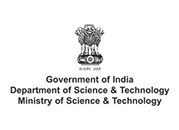
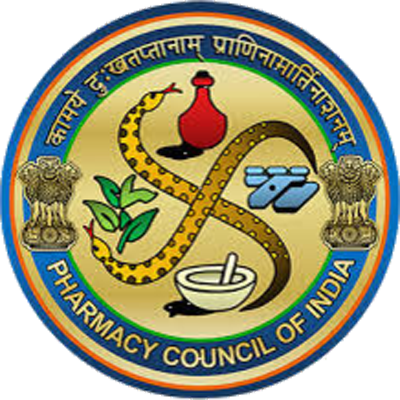

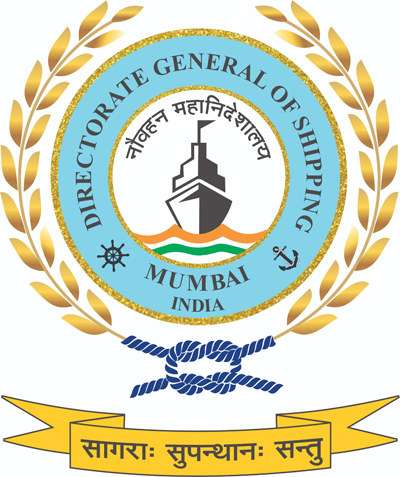
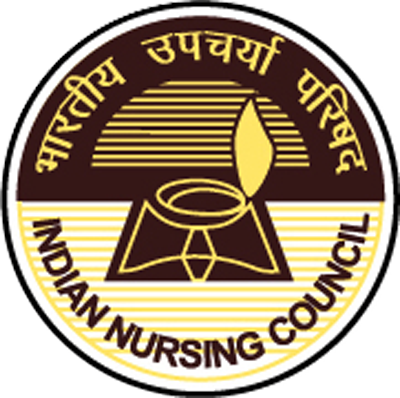
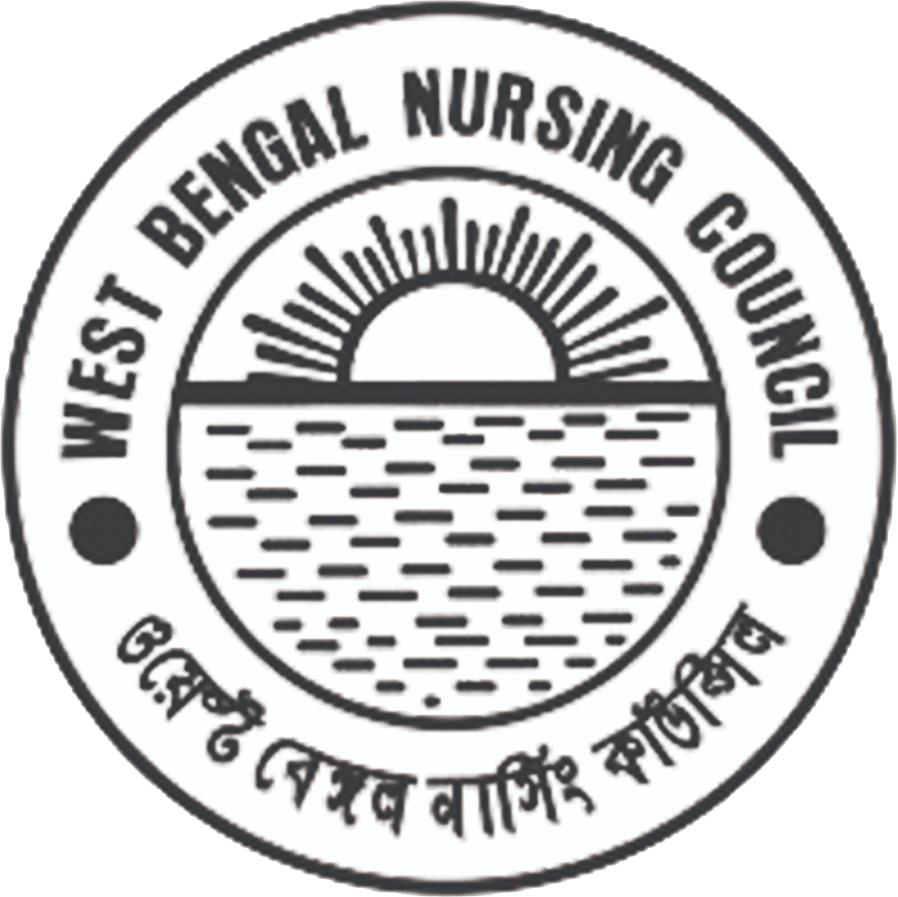
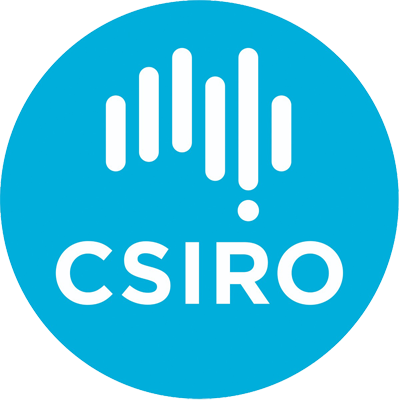

 14 Jul 2021
14 Jul 2021



